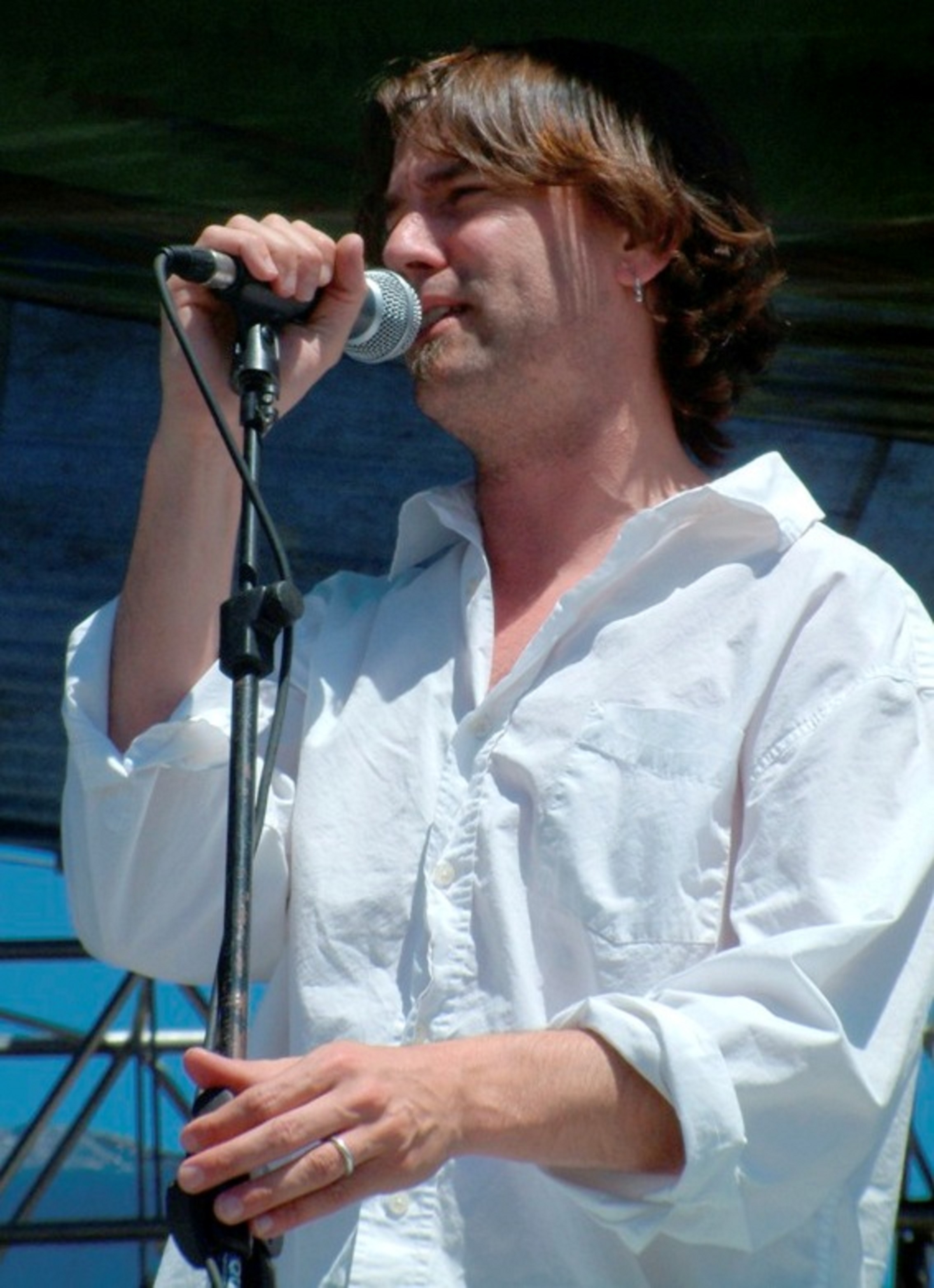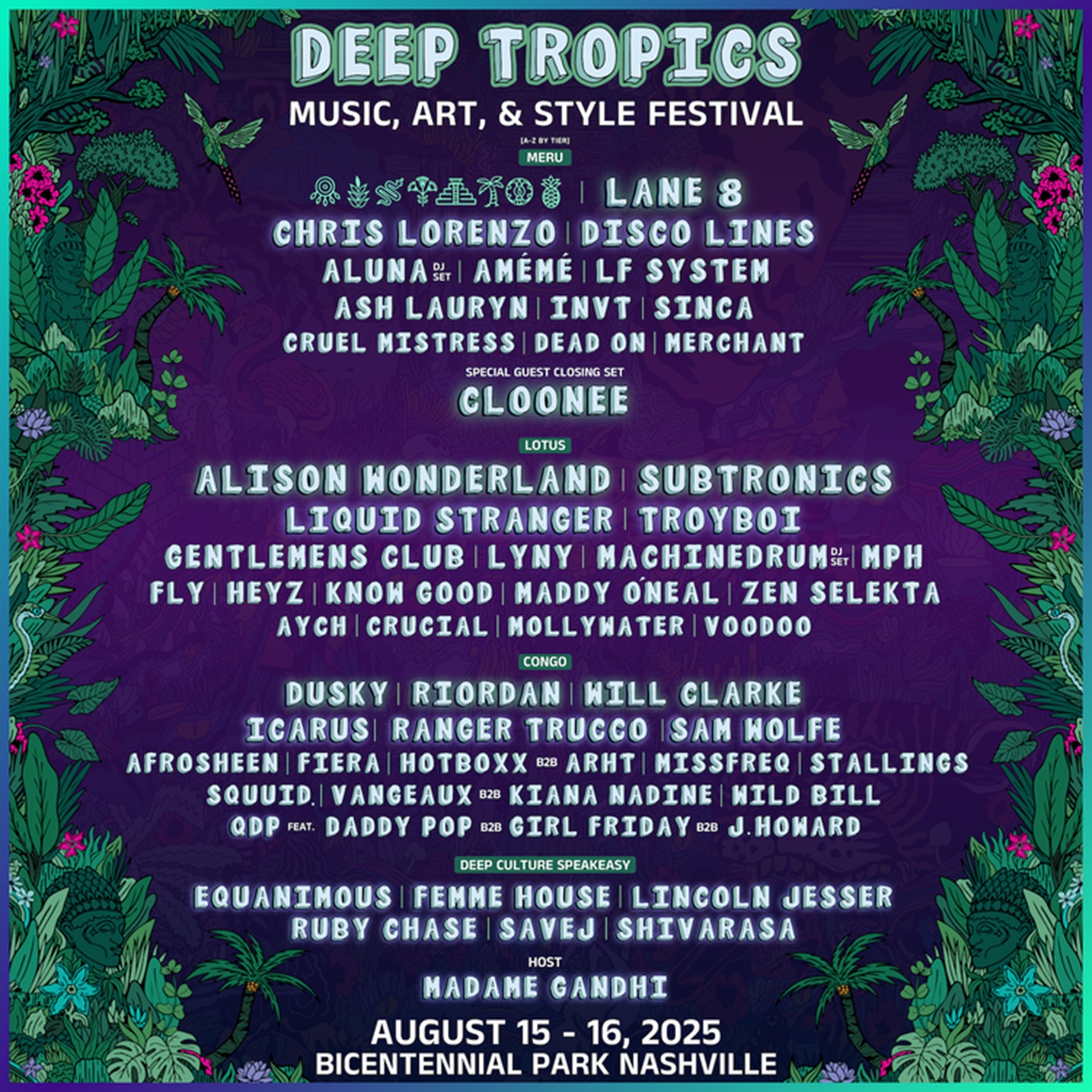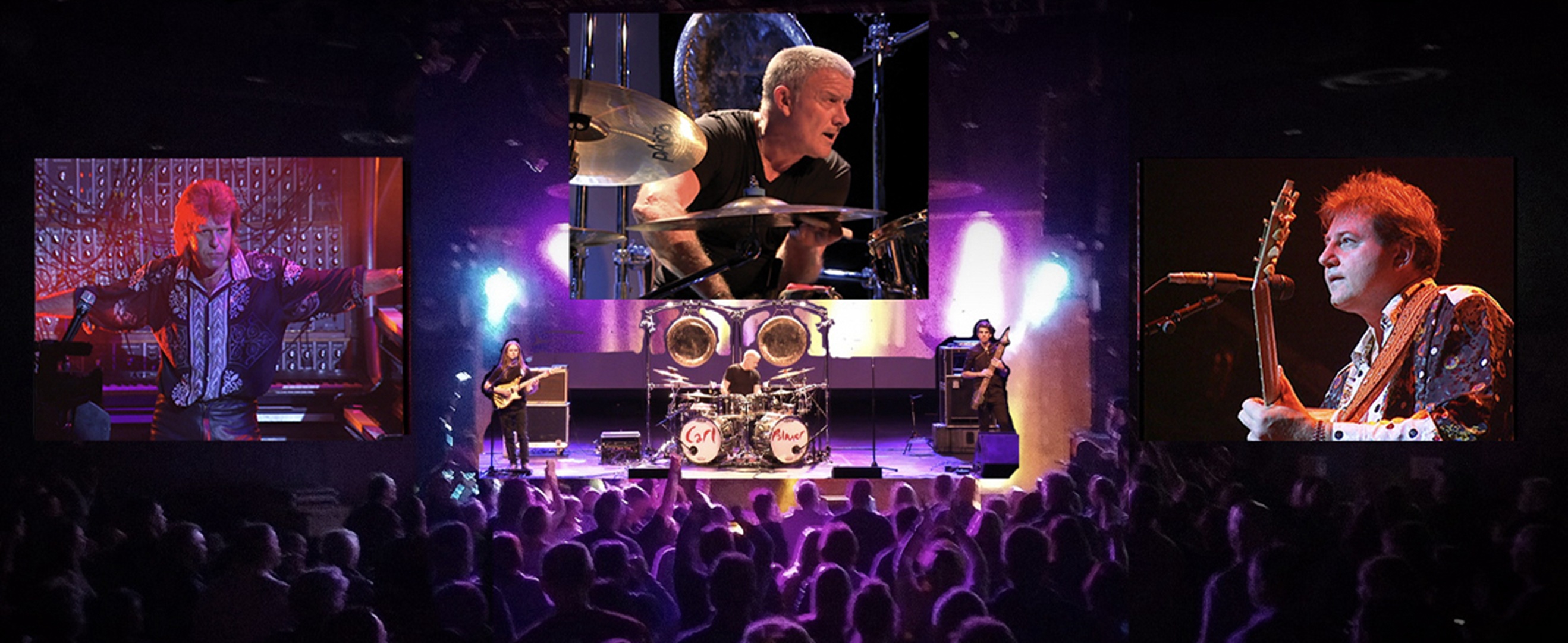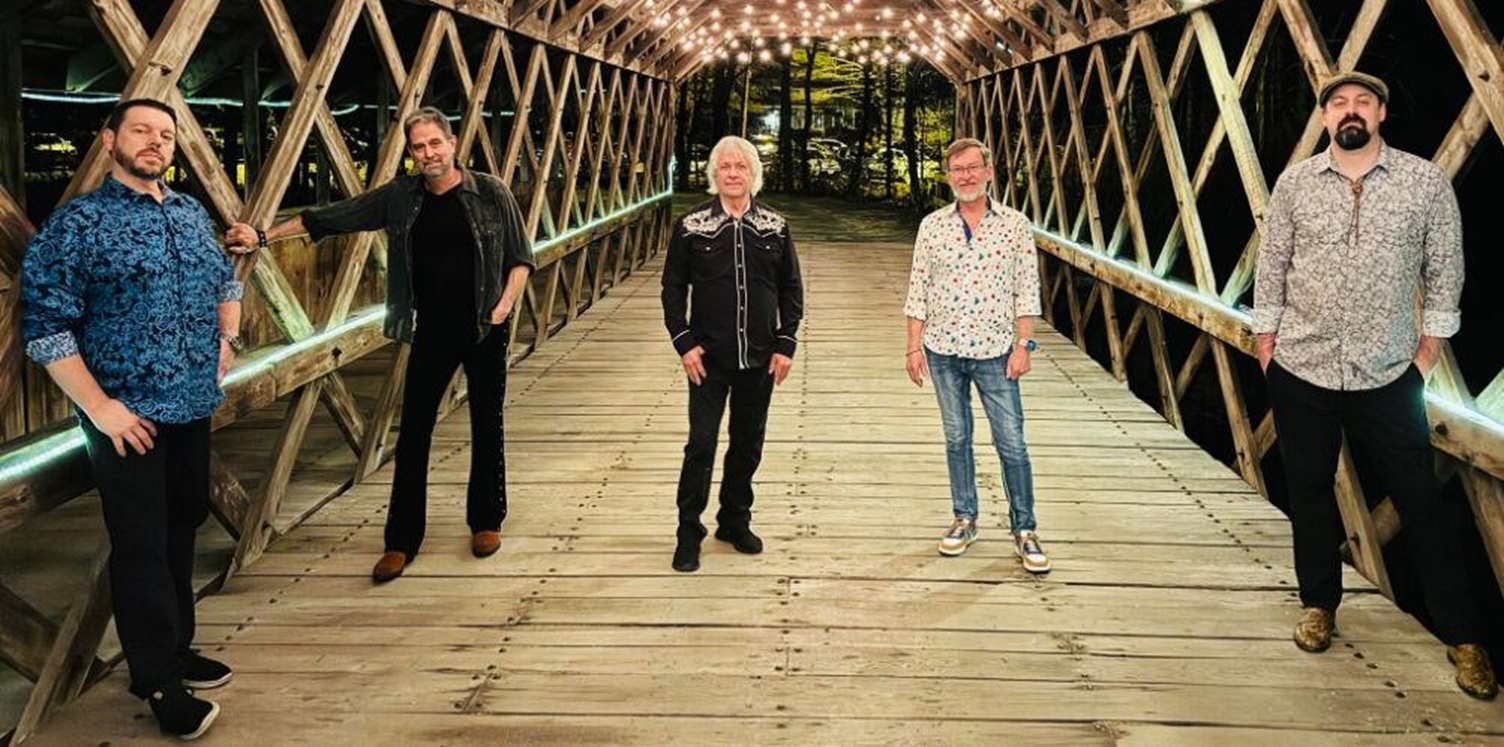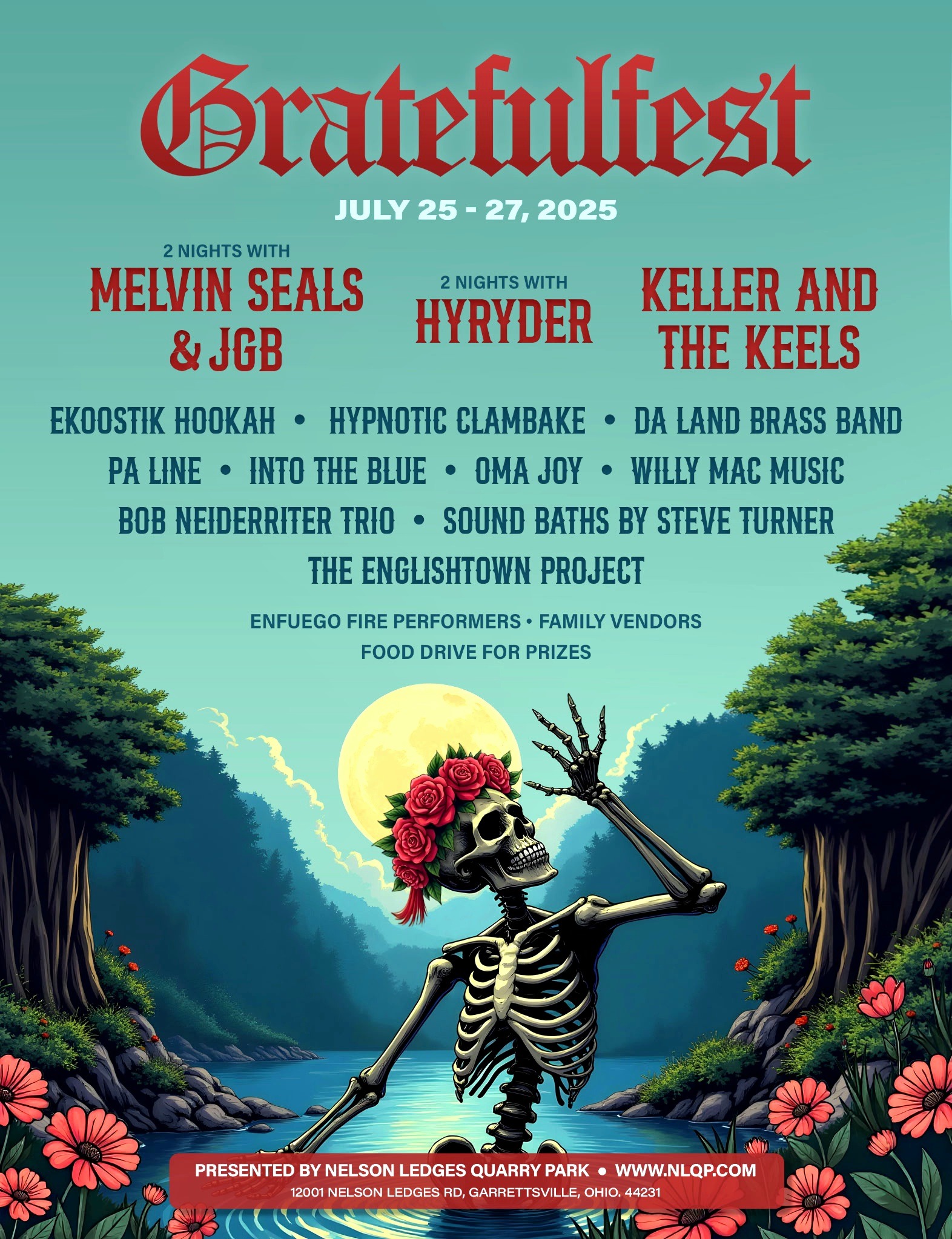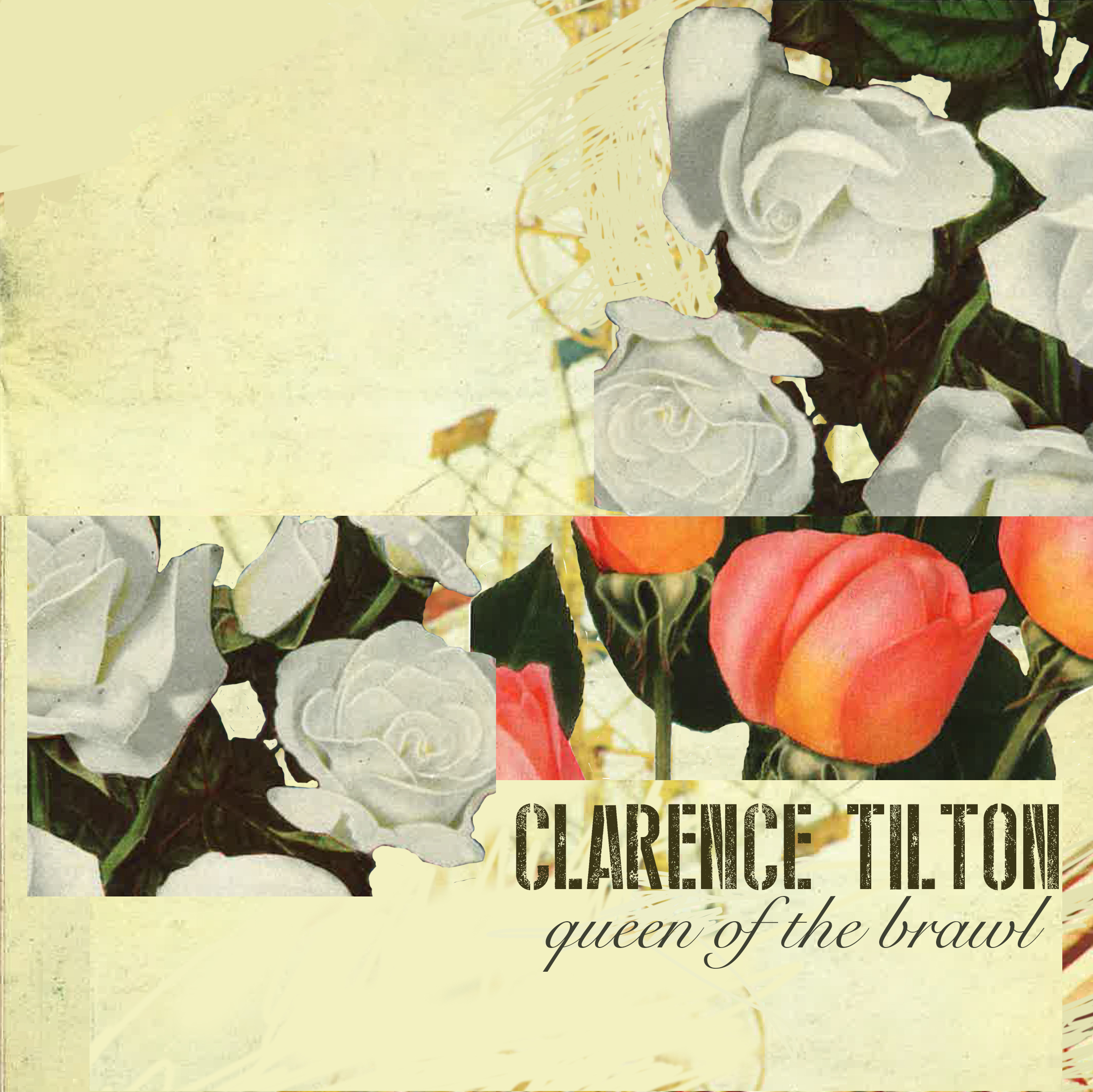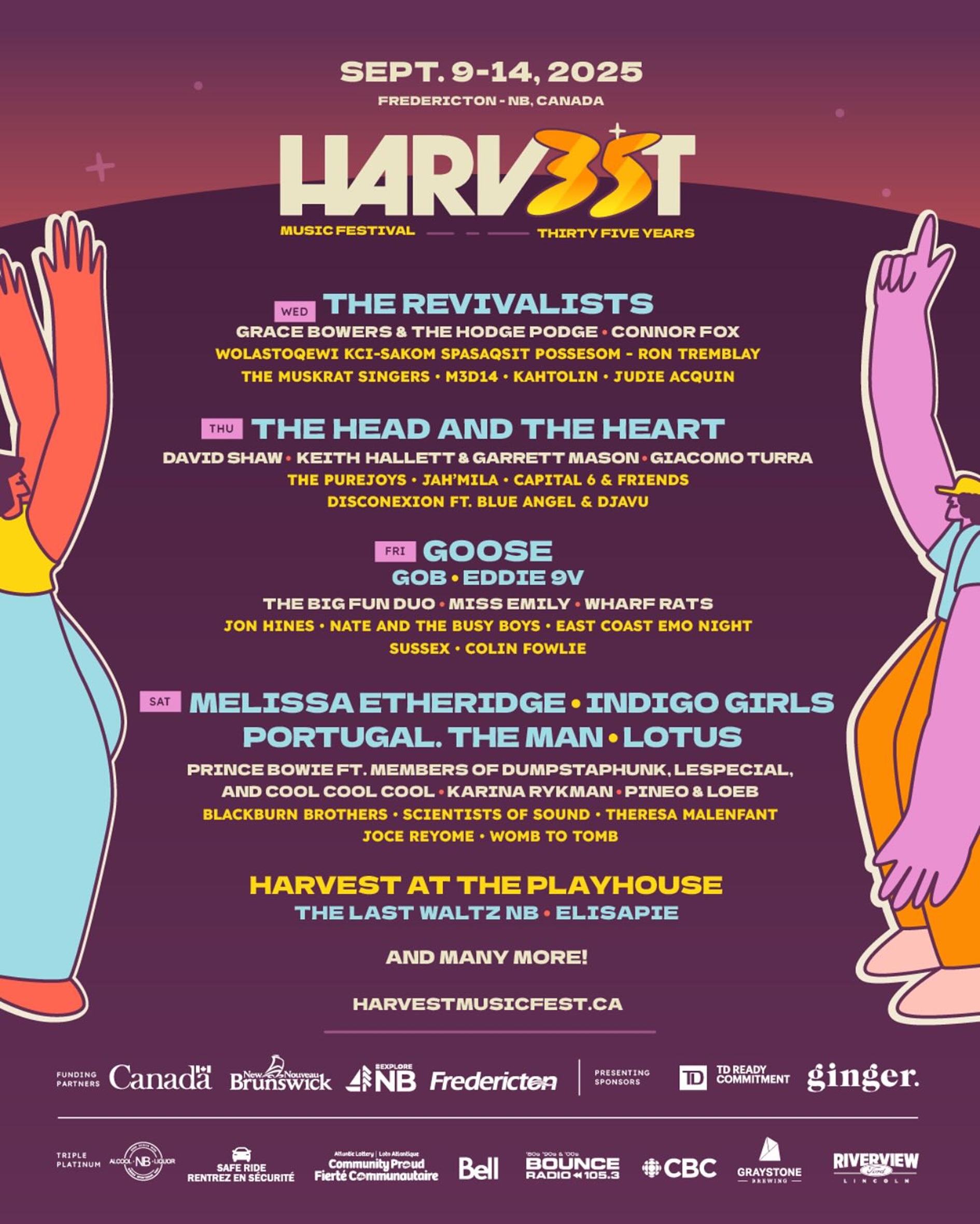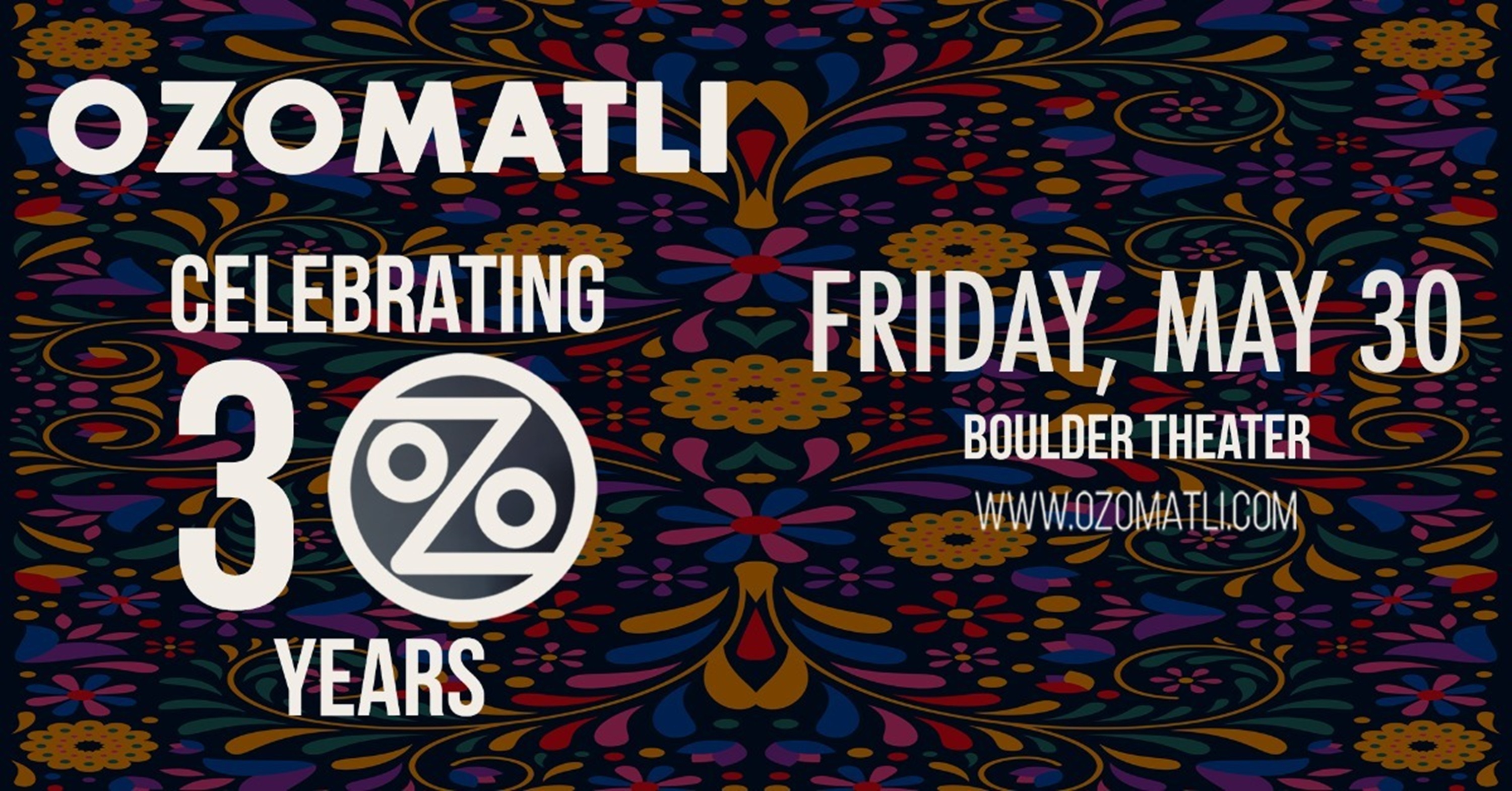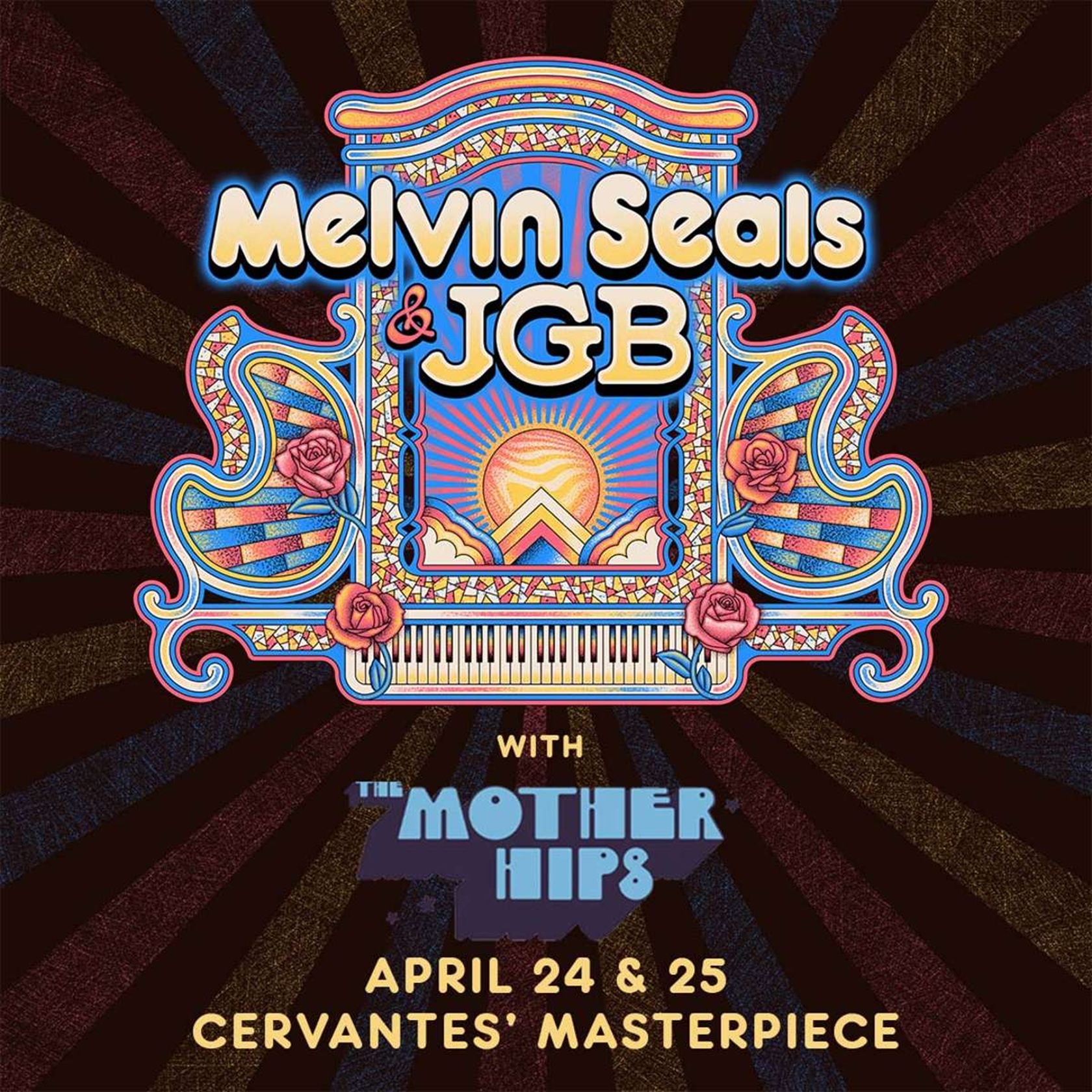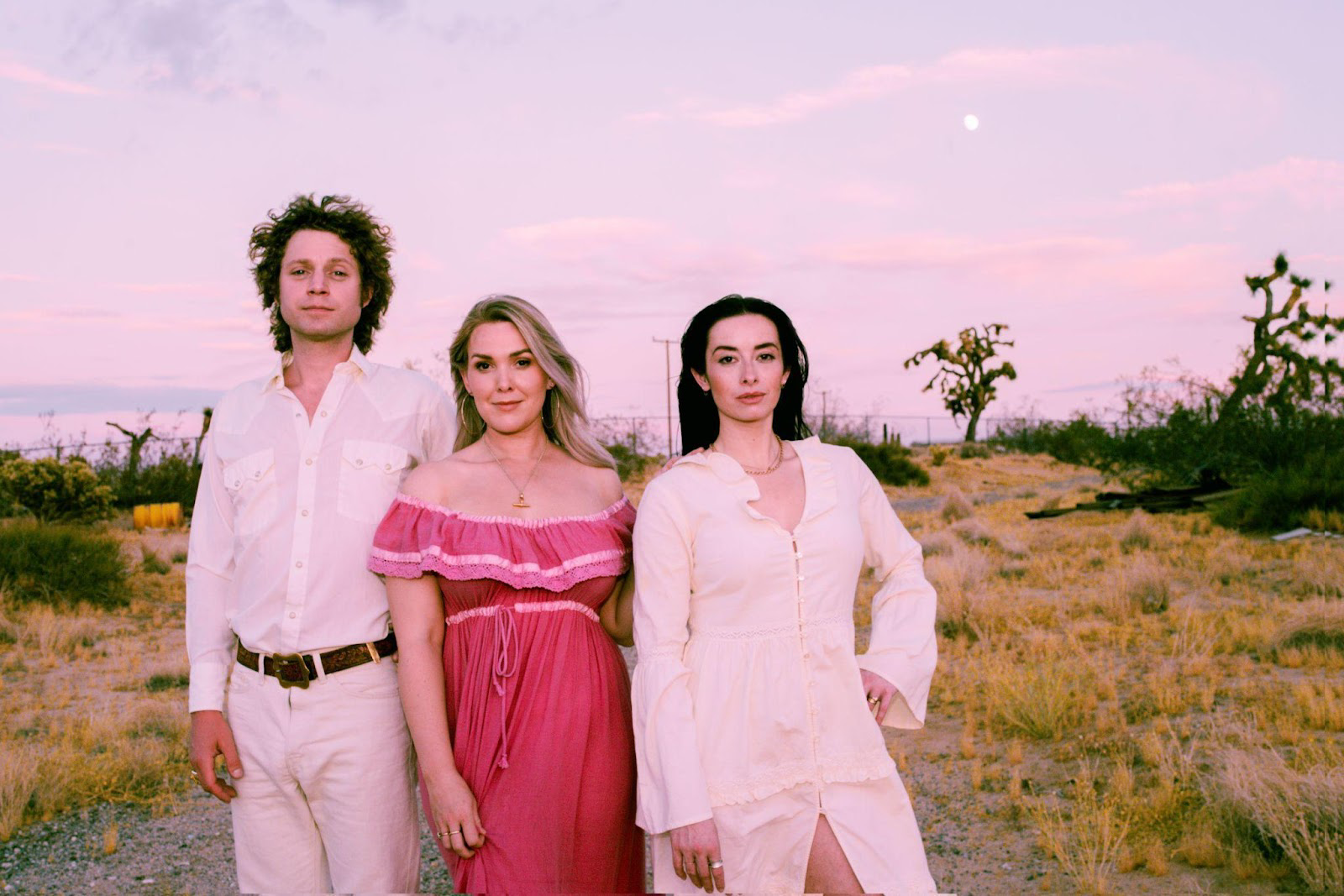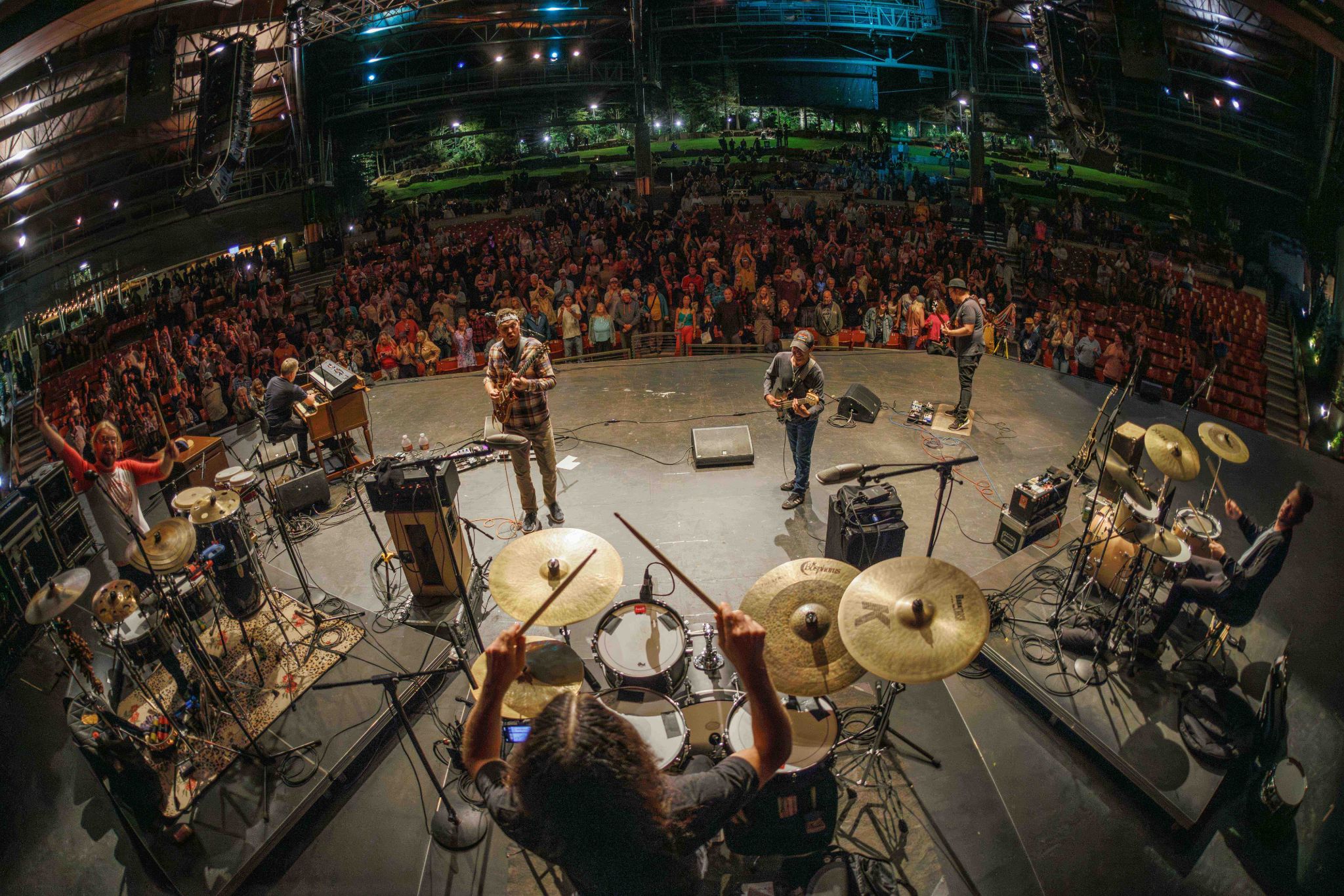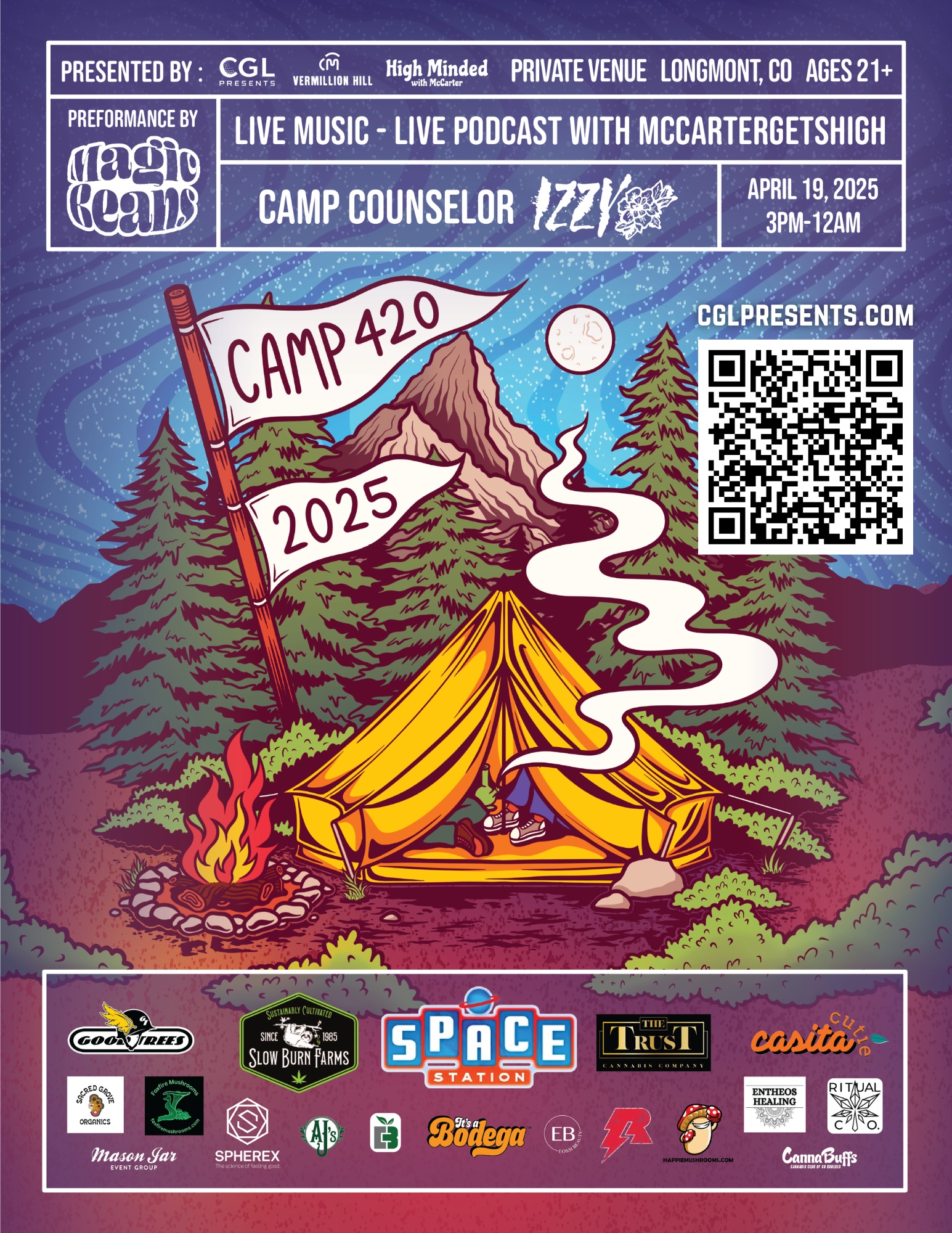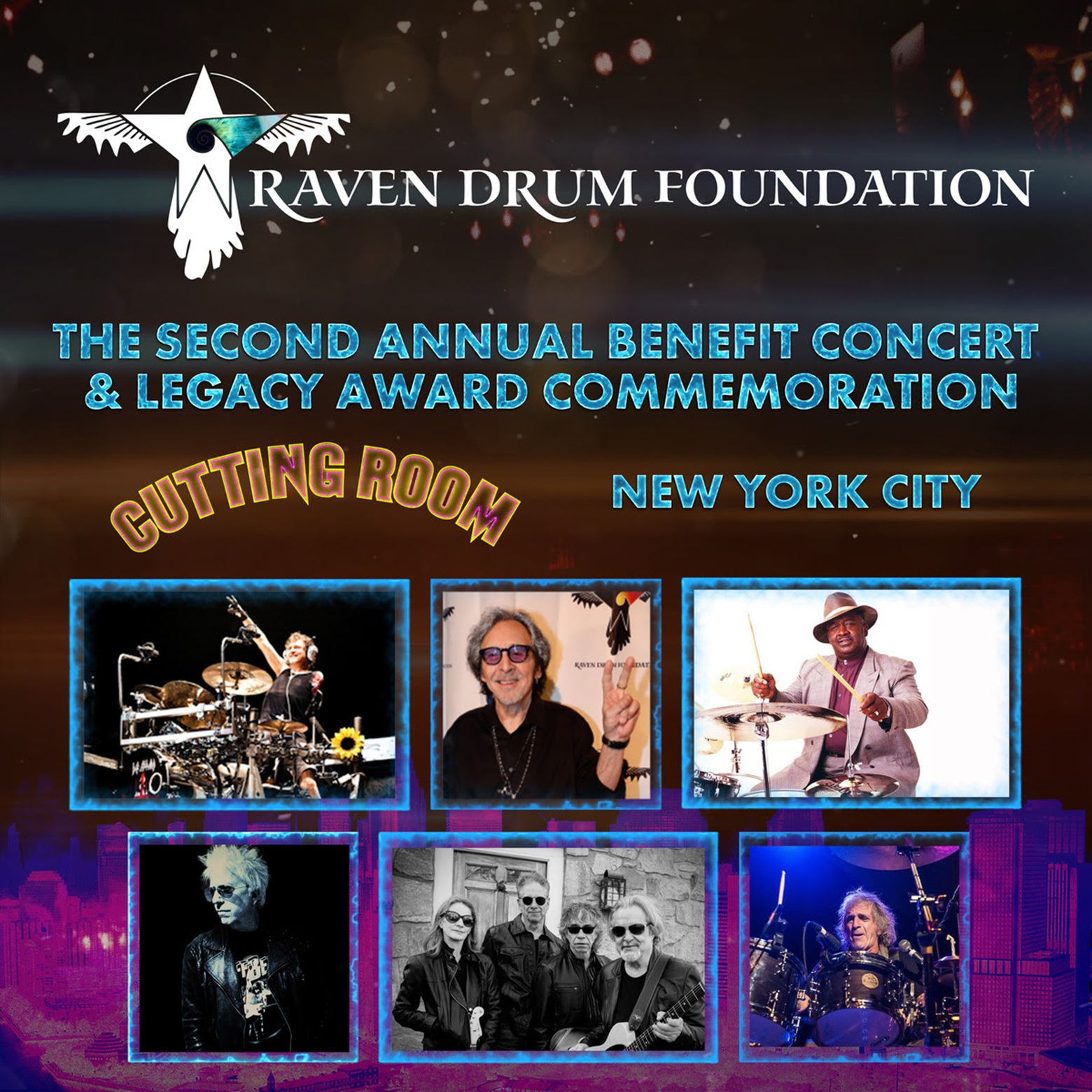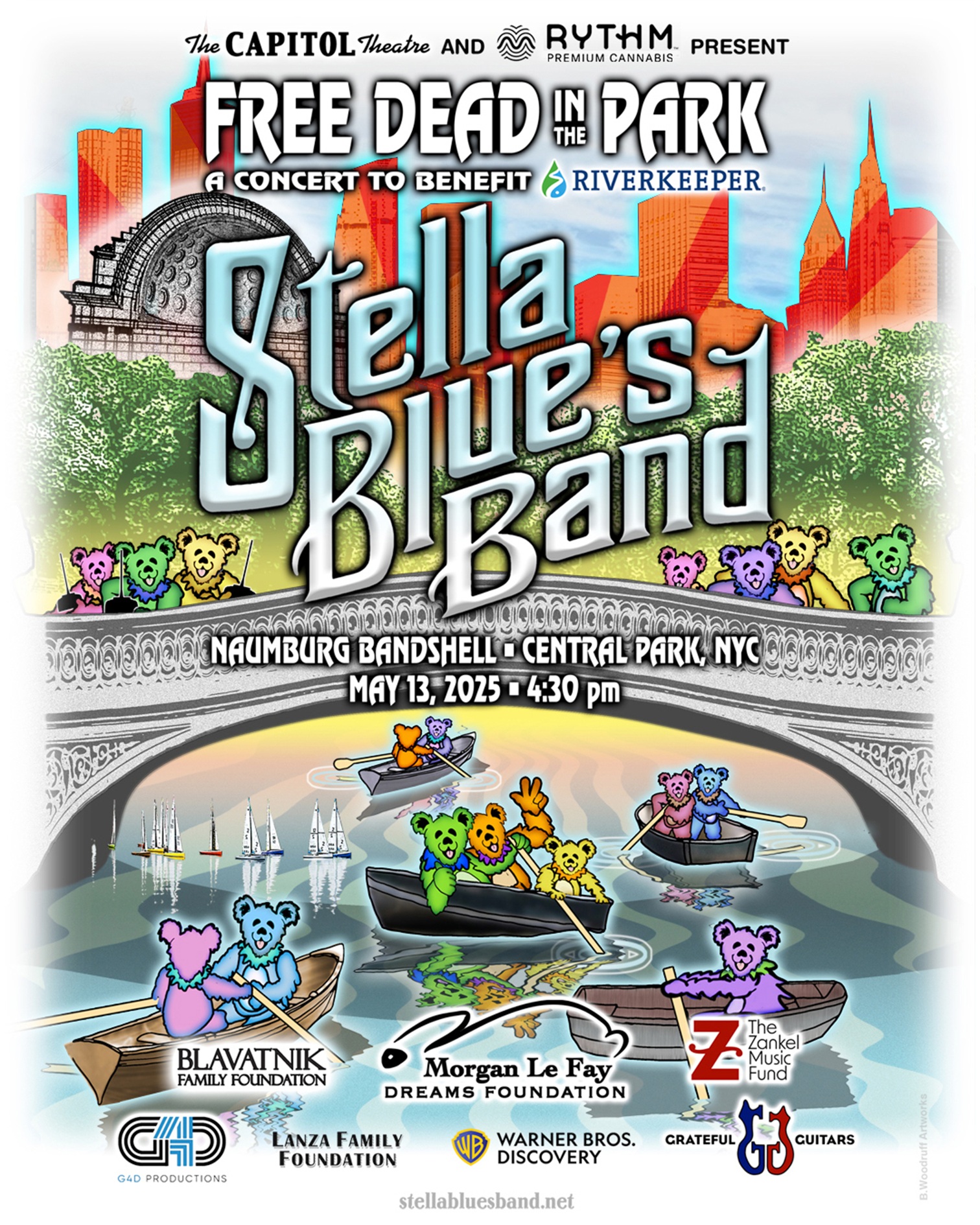Recently Grateful Web's Alex Borosody had the opportunity to talk with Matt Butler, the musician and conductor behind the Everyone Orchestra, who we also discovered can add, "great orator" to his list of talents. Never one to shy away from leadership, you could say Matt conducted the interview, as he energetically and expressively weaved eloquent science and philosophy. From his experience with EO to conducting as an instrument the maestro lays it down for you.
The Everyone Orchestra will play at the upcoming Bear Creek Music Festival on November 14-16, a funk and soul leaning Florida festival with a touch of bluegrass, adding this years DNC performers Yonder Mountain String Band as a headliner. Matt didn't have much to say when I asked him about suggestions for the Bear Creek Super Jam other then questioning what super jam really meant; he mentioned that he was still putting the EO lineup together, which is a whole process unto itself, as Butler acts as both band leader, musician and agent. I followed up with Matt recently and he released the full lineup, Bear Creek Line up: Super funky EO....Jon Fishman, Michael Kang, Eric Krasno - guitar, Nigel Hall - vocals/keys (Lettuce), Kofi Burbridge - Flute/keys, Janis Wallin - Bass, Avis Berry- vocals and more TBA..."
Bear Creek could possibly be Fishman's last festival before a potential yet still hypothetical reunion with Phish, and I got to sneak in a question about that as well. Regardless of whether this theory will prove true, expect Fishman, Butler and the rest of the Everyone Orchestra to bring their A game down to Suwannee this November.
GW: How much of what you do is improvised and how much is written down or memorized.
MB: The amount of improvisational music versus songs that we perform really depends on what the makeup of the group is, I would say at the festivals that I've done recently, the last one I did with Fishman was once hundred percent improvisational, but then again I also just facilitate people leading something. Ryan Montbleau led something, I don't know if it was a song or what but no one had ever heard it before except for his keyboard player, and they just kind of rocked it with him, each one is different in that sense.
I've done shows before with my old band mates Jambay and Steve Kimock, where we'll do an improvised set, then we do a complete set of music of all songs, and conducting is playing a different role throughout; whether it's improvised or part of the song, conducting plays a different role as far as the utility of it. Most of the time its not a rehearsed thing, its about being off the cuff and a little bit pressurized, and the musicians need to be ultra kind of aware and on their toes and communicating in a hyper way, I don't mean hyper but ultra aware and sensory.
GW: What's the process for putting together a lineup for an Everyone Orchestra show.
MB: Basically each Everyone Orchestra at this point is pretty much different, they don't have to be a different lineup all together I'm not married to that idea, but I'm definitely interested in mixing and matching different personalities, instrumentation and genres, and kind of keeping it interesting for everyone in more ways then just improvisation, just meeting new people, and kind of being a beacon of people coming together, musicians coming together and performing in a way that's kind of raw and real; that's the crux of how I put the lineups together and how each different one is coming together. I build the lineup each time around someone that's kind of a catalyst or an anchor for the show, it will be built with either a band or someone like Fishman or Kimmock, or some of my old friends, there's all these different ways that they come about. I just did one this summer with this promoter who puts on sacred music events and he introduced me to like 13 new musicians that I had never met before from a world music, kind of sacred music/yoga music, type of genre and we did an EO with them, and it was phenomenal, it was just kind of fun to do it with people outside the jam scene as well as with people inside of the jam scene. It's pretty wild.
GW: Besides your charity work for the Patagonia foundation, given these crucial political times and the upcoming election, what are some thoughts on Headcount (the youth voter registration effort).
MB: I've known them for years, when they were first kind of starting out; I don't know it's kind of all blurry, I've done a couple different things with them. We've done a couple of things, Brownstein's a good friend, kind of looking for some collaboration kinds of things, I'd really like them to invite me to one of the Headcount All-stars, to be a guest conductor.
That's the whole idea, of conducting as an instrument, in the jam scene, it's a little different, it's kind of new I think, and the idea of like sitting in and conducting I don't know who's done it quite like this, it's kind of a new concept to share out there.
GW: cool.
MB: There's a fine line between like, "this guys controlling me", and telling me what to do, and I'm not, I'm not trying to control, I'm definitely asking for everyone to have an agreement of what were going for, and I'll make some split second decisions, that are just decisions, their not better, their not worst, they just are. I'm asking for everybody to give me the benefit of the doubt of being the focal point for the larger ensemble. But that relationship that trust with musicians, there stoked for the pressure to be taken off and for me to guide the ship a little bit, but to be honest it's so give and take, I'm asking everyone to lead a certain point, I call it conducting but I'm also facilitating, I'm trying to facilitate a kind of dynamic, balanced jam, that's really the focus.
GW: I can't help but ask, there's been a lot of speculation out there, playing with Fishman and everything have you heard anything about the much buzzed potential Phish reunion?
MB: [laughs] It happened already, they're playing, they're playing right? They just played you know? All I know is that I think everyone on board wants to do it, their just looking at how it might look, what it means to be. God for all I know it could have culminated in that wedding they just played and they're gonna look at each other like "all right that was enough thanks guys." I don't know I have no idea, my perspective is, and I don't have any inside knowledge other then that there's intent out there and their all interested in exploring it, is just kind of like quitting, I mean, that could have just felt kind of ridiculous after a while, like, God we only live once you know? It's such a weird process why people need to dismantle something to see what it is. But I also think that, and this is kind of the conundrum of the Grateful Dead. Music is part of this whole process, and you create this community, this business where all these people are dependent on you for their living. It's a strange pressure to put on your creative process and your family life and blah blah blah. It's a lot of weight, maybe a CEO of any regular company could say the same kind of thing, but it's a little different when your in a band, it has different implications. I think its good for people to have some time away from any project to have fresh ideas.
I did the band thing and I actually just had a reunion with Jambay, but it also makes me realize why that particular quartet of musicians isn't working full time, and how relieved I am, that were not basically five days a week cooped up in a small room together, in some ways EO is a band for a day, its kind of in that honey moon period and that's what I'm trying to nurture.
GW: How do you deal with with the complexities of jamming such as chord changes when your conducting?
MB: You know I have ways of notating a chord progression that's pretty basic, just writing a key and the number of measures and helping everyone get on the same page as far as defining what a measure would be or what a chord may be. I pretty much say to everyone that's going to be a participant in the orchestra, you know this is my shtick, this is my shtick, (laughs) I write on the dry erase board, wait till I go one, two, three, four and then do it on the next measure.
GW: For a musician just starting out, what kind of advice would you give them.
MB: That whole side of things is a can of worms, making a living as a musician is a can of worms man. You need to look at yourself, not just as you know, someone that needs to have a trade to put food on the table, but you also have to look at yourself as an ambassador of peace. More people have to learn the language of music, and we have to build the opportunity for people to gather and speak in this language. We're kind of an army of peace workers, there's definitely a higher power to this, whatever it is it's part of that thread and we need to keep it alive, basically, people need to step up and go for it. But the key thing is not that you need to make a living off of it, the key thing is that you need to have it in your life, and I believe the living thing will come, and it will happen organically that way, and of course sign up for Snow Cap and get your MySpace. You know anybody who has gotten paid off Snow Cap?
GW: Ummm I don't know
MB: I mean I'm sure somebody has, I mean its interesting if you ask
GW: Yeah true, it is the Internet.





